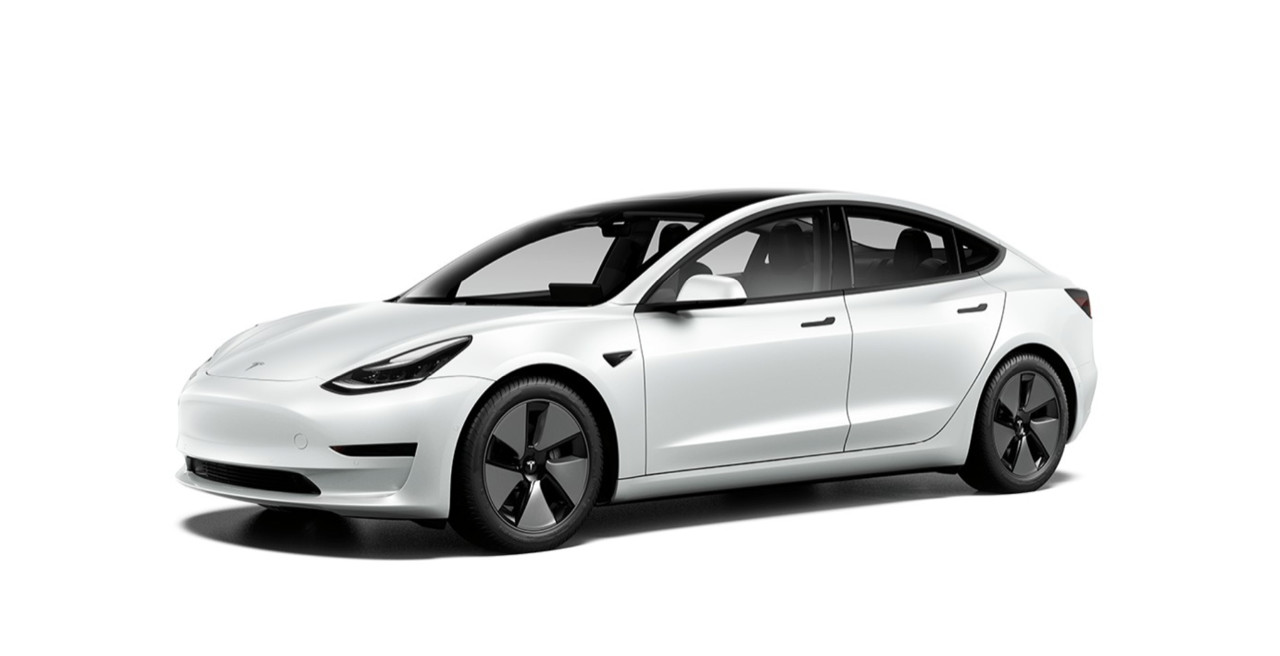
Feds Announce New Cars Must Be Electric or Hybrid by 2035

Canada has taken a significant step towards increasing the availability of electric vehicles (EVs) with the introduction of the new Electric Vehicle Availability Standard (EVAS).
Announced by Steven Guilbeault, Minister of Environment and Climate Change on Tuesday, this plan aims to ensure a steady supply of clean, zero-emission vehicles across the country.
“Many Canadians are increasingly eager to make the switch to cleaner transportation, since it’s a win-win-win in savings, their heath, and the environment. Putting in place an Electric Vehicle Availability Standard fulfills a major climate commitment from our climate plan. Getting more electric vehicles on the road is another example of how we are taking climate action while helping make life more affordable, “said Guilbeault.
The Standard is a response to the growing demand for EVs in Canada. It sets ambitious targets, aiming for 100 percent zero-emission vehicle sales by 2035, with interim goals of 20 percent by 2026 and 60 percent by 2030. This move is expected to channel the supply of EVs to Canadian markets, reducing wait times and providing access to the latest affordable and advanced vehicles.
The feds say the new EVAS will allow Canada to keep pace with the United States, the United Kingdom, the European Union, and several other major economies that are shifting to electric vehicles.
In recent times, the Canadian market has seen a surge in zero-emission vehicle sales. In the last quarter alone, 1 in 8 new cars sold was an EV, with provinces like British Columbia and Quebec already experiencing 1 in 5 sales being electric vehicles. This shift is attributed to decreasing prices of select models and the volatility of gas prices. Tesla so far has been the electric leader, delivering more cars than any other automaker.
The cost benefits of EVs are significant, touts the government. Recharging costs can be as low as $10 per 400 kilometres, and over a decade, the average ownership cost of an electric hatchback is substantially lower than its gas-powered counterpart. The feds cite the cost of an electric vehicle hatchback is $48,943, whereas the gas-powered alternative is $82,515. With federal ($5,000) and provincial incentives (up to $7,000 in Quebec), many EV models reach cost parity with gas vehicles within four years (and someones under a year says Ottawa).
Advancements in battery technology have also played a crucial role, improving cold-weather performance and extending the range of many models to over 400 kilometers. The government is supporting this transition by investing $1.2 billion to build 84,500 chargers across Canada by 2029, complementing the efforts of businesses and other governments to expand the charging infrastructure.
The Standard, developed through extensive engagement over the past two years, follows a phased-in approach, allowing for a gradual transition to a zero-emission future. It coincides with over $34 billion in new investments by automotive and battery manufacturers since 2020, aimed at shifting to electric vehicle production and establishing a battery supply chain in Canada. This shift is expected to create and maintain hundreds of thousands of jobs in a modern automotive supply chain.

